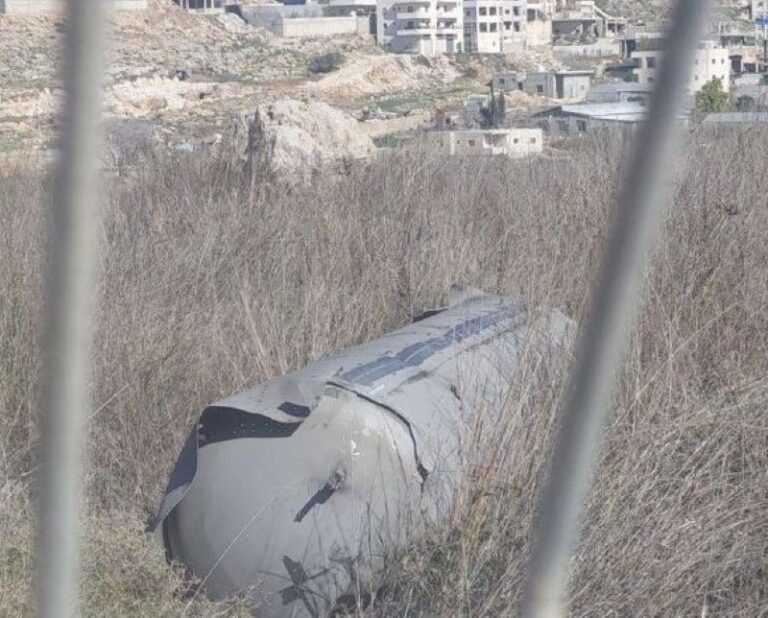 The New Jersey Office of Emergency Management is monitoring an excessive heat warning forecast for tomorrow into Friday, in coordination with the National Weather Service. Temperatures and heat indexes are estimated to hit in the upper 90’s, and possibly even reach 100 degrees or higher. Children, older adults, people with disabilities and pets are most at risk during excessive temperatures.
The New Jersey Office of Emergency Management is monitoring an excessive heat warning forecast for tomorrow into Friday, in coordination with the National Weather Service. Temperatures and heat indexes are estimated to hit in the upper 90’s, and possibly even reach 100 degrees or higher. Children, older adults, people with disabilities and pets are most at risk during excessive temperatures.
“High temperatures and humid conditions have the possibility of making outdoor activities and non air-conditioned facilities extremely dangerous and uncomfortable,” said Colonel Rick Fuentes, State Police superintendent and director of the Office of Emergency Management. “Be mindful of the threats that heat waves pose such as heat cramps, heat exhaustion, heat stroke and sometimes death. These threats can be minimized and eliminated if we practice heat-related precautions and guidelines.”
“The elderly and children are the most susceptible to heat stroke and exhaustion, although anyone can be affected,” added New Jersey Health and Senior Services Commissioner Mary E. O’Dowd.
“Hot, dry skin, an absence of sweat and a rapid and strong pulse, are all signs of heat stroke. If you have elderly family members, friends or neighbors, be sure to check in on them to make sure they are keeping cool, especially if they live alone.”
Colonel Fuentes and Commissioner O’Dowd suggest the following heat related emergency safety tips:
Stay indoors in air conditioning as much as possible
If you do go outside stay in the shade
If your home is not air conditioned, spend at least two hours daily at an air conditioned mall, library or other public place
Wear sunscreen outside, along with loose fitting light colored clothes that cover as much skin as possible
Drink water regularly even if you are not thirsty. Limit alcohol, and sugary drinks which speeds dehydration
Never leave children or pets alone in the car
Avoid exertion during the hottest part of the day
Take a cool shower or bath
Be a good neighbor, check on elderly and people with disabilities in your community who may need assistance keeping cool
Additionally, residents should contact their local and/or county offices of emergency management regarding any open air-conditioned senior centers or cooling stations.
According to the U.S. Center for Disease Control and Prevention, older adults and people with disabilities are more at risk for heat because they do not adjust as well as young people to sudden changes in temperature; they are more likely to have a chronic medical condition that changes normal body responses to heat; and they are more likely to take prescription medicines that impair the body’s ability to regulate its temperature or that inhibit perspiration.
The CDC also offers the following tips for older adults, persons with disabilities and/or their caregivers:
Visit older adults who are at risk at least twice a day and watch them for signs of heat exhaustion or heat stroke.
Encourage them to increase their fluid intake by drinking cool, nonalcoholic beverages regardless of their activity level.
Warning: If their doctor generally limits the amount of fluid they drink or they are on water pills, they will need to ask their doctor how much they should drink while the weather is hot.
Take them to air-conditioned locations, if they have transportation problems.
Heat is often referred to as the “silent killer,” in contrast to tornados, hurricanes and other natural hazards with more dramatic visual effects. For more information regarding heat related emergencies, please log on to www.ready.nj.gov, visit the National Weather Service Heat Safety Page (http://www.weather.gov/om/heat/index.shtml), or call 2-1-1.
(YWN Desk – NYC)











One Response
Hey, all half (or more,) dressed ladies, heed this advice:
“Wear sunscreen outside, along with loose fitting light colored clothes that cover as much skin as possible”
Thanks!